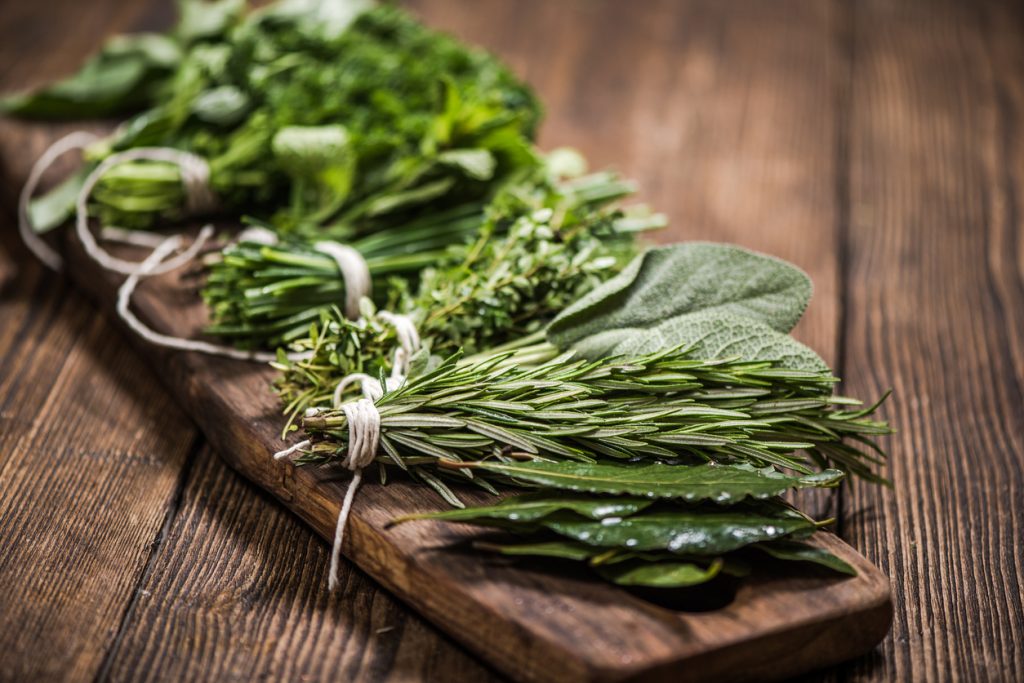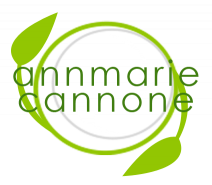Western Herbal Medicine
- Home
- Western Herbal Medicine
Western Herbal Medicine
Herbal medicine, also known as phytomedicine, is the use of plant based medicines in various forms.
The use of Herbal Medicine dates back to prehistoric times with herbal remnants found in graves more than 60,000 years old. One of the oldest and most preserved Materia Medica has been found in China and was compiled in 3700BC by a Chinese Emperor. Nearly every culture has a history of using herbal medicine for either culinary or medicinal purposes.
Papyrus scrolls from Egypt, mention the use of certain herbs for different conditions. African and Native Americans have used herbs as a component of certain rituals and sweat baths and other cultures have included the use of herbal medicine as part of their tradition and were used systemically. Examples include Ayurveda from India and Traditional Chinese Medicine from China.
Plants are extremely chemically complex, and it is these chemicals or ‘active constituents’ that interact with the body to stimulate the healing process within each individual.
Many pharmaceutical medications are modelled on or extracted from plants. An example of this is Digoxin, which is extracted from Digitalis (Digitalis purpurea) to aid in appropriate heart function. Today, approximately 80% of the world use herbal medicine for some aspect of their primary healthcare.
Due to the chemical complexity of herbs, in many cases, it is not known which active constituent is responsible for an individual therapeutic effect. Most botanicals have more than one action on the body. For example, Chamomile has a calming and some -what anxiolytic action as well as being a carminative for the digestive system.
The effectiveness of botanical medicine is determined by a multitude of factors such as the geographical region of growth, quality of soil, how and when it was harvested and then processed. All of these factors determine the overall therapeutic action of each herb.
On a daily basis, we all consume herbal medicine in some shape or form. The addition of garlic and ginger to your stir- fry and a cup of chamomile tea before bed, although considered dietary or culinary prescriptions, have a gentle therapeutic benefit but their medicinal benefit is limited with these doses.
When herbs are used therapeutically they provide significant benefits. The fantastic thing about herbal medicine is that a formula can be made addressing the main health concerns of the patient. For example, if a patient is stressed and has digestive disturbances herbs known as adaptogens and nervines can be used to address the stress component, bitters/aromatics/demulcents can be used for the digestive component.
Herbal medicine can be found in the form of liquid extracts (glycerine and alcohol), tablets, powders, and teas.
The role of the trained herbalist is to identify the true root cause of the patient’s condition and prescribe herbs, usually in combination to allow for synergy, which address the cause of the condition and retrain the individual body system to function correctly.



